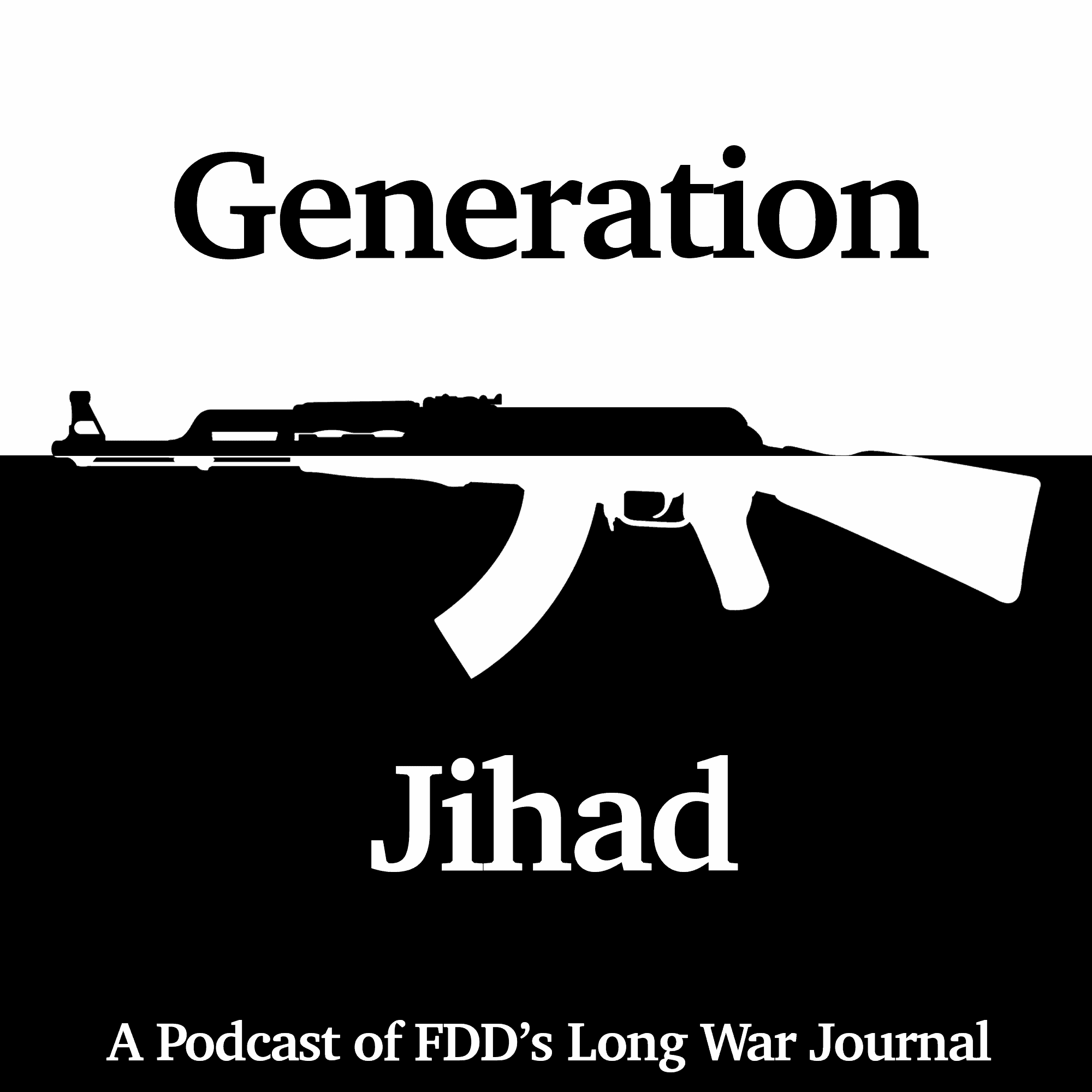
Ep. 43 — The Status of ISIS and Al Qaeda
Edmund Fitton-Brown again joins the podcast to discuss the United Nations Security Council’s latest report on ISIS and Al Qaeda.

Edmund Fitton-Brown again joins the podcast to discuss the United Nations Security Council’s latest report on ISIS and Al Qaeda.
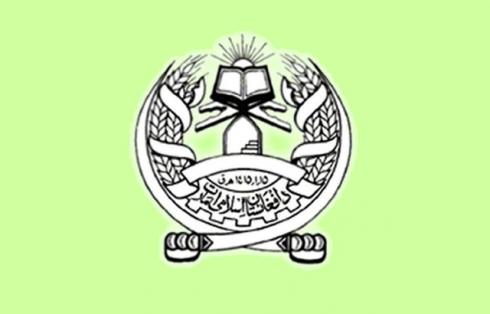
The Taliban cannot be trusted to live up to any agreement when it won’t admit that Al Qaeda remains in Afghanistan, under its protection
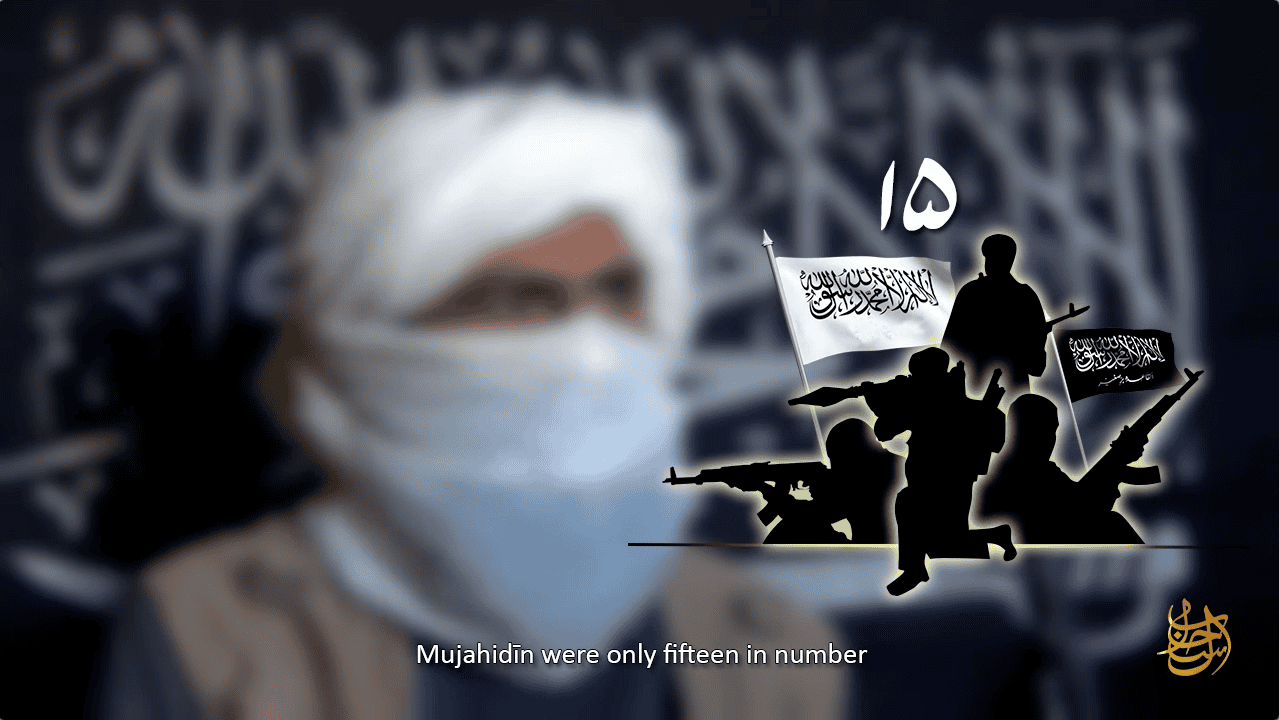
The U.S. Treasury Department states in a Jan. 4 memo that al Qaeda is “gaining strength” in Afghanistan under the Taliban’s protection. The same memo points to the Islamic State’s “logistical hubs” inside Turkey.

Hosts Tom Joscelyn and Bill Roggio discuss and critique Secretary of State Mike Pompeo’s speech on the Iran-Al Qaeda axis. Contrary to much reporting, there is a long history of ties between the two. But there’s also much evidence pointing to al Qaeda’s ongoing alliance with the Taliban, an issue Pompeo is eager to downplay. The guys also explain why the 2001 AUMF isn’t being used to start a war with Iran.
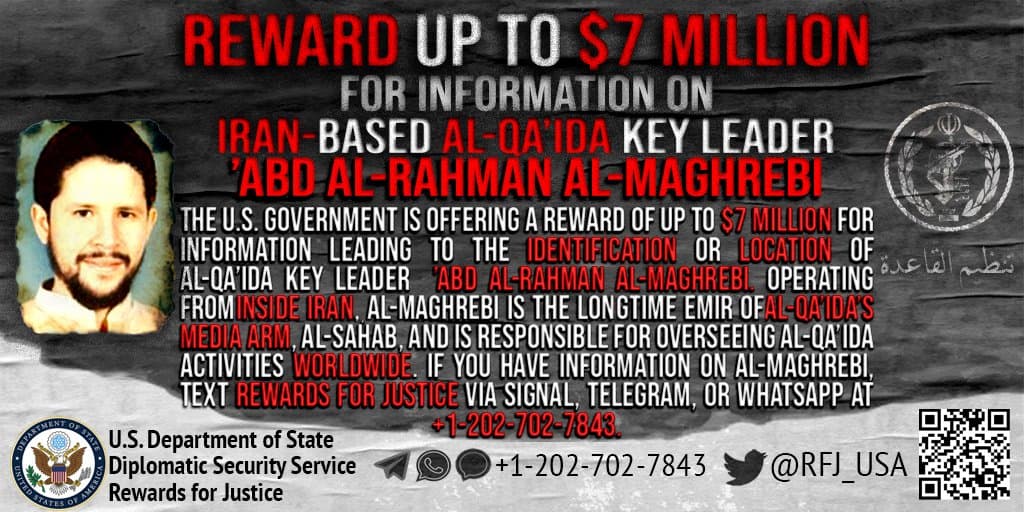
The State Department revealed today that ‘Abd al Rahman al Maghrebi, a senior al Qaeda leader who heads the group’s propaganda arm and has served as its “general manager,” is based in Iran. Maghrebi and four others based in Iran were designated as terrorists.

Afghan security forces continue to target Al Qaeda as the Taliban promises that it won’t allow allow foreign fighters to attack the West, even though the Taliban claims Al Qaeda doesn’t exist inside Afghanistan.

Despite the repeated targeting, killing, and capturing of Al Qaeda leaders and operatives, the Taliban maintains that the terror group does not operate in Afghanistan.
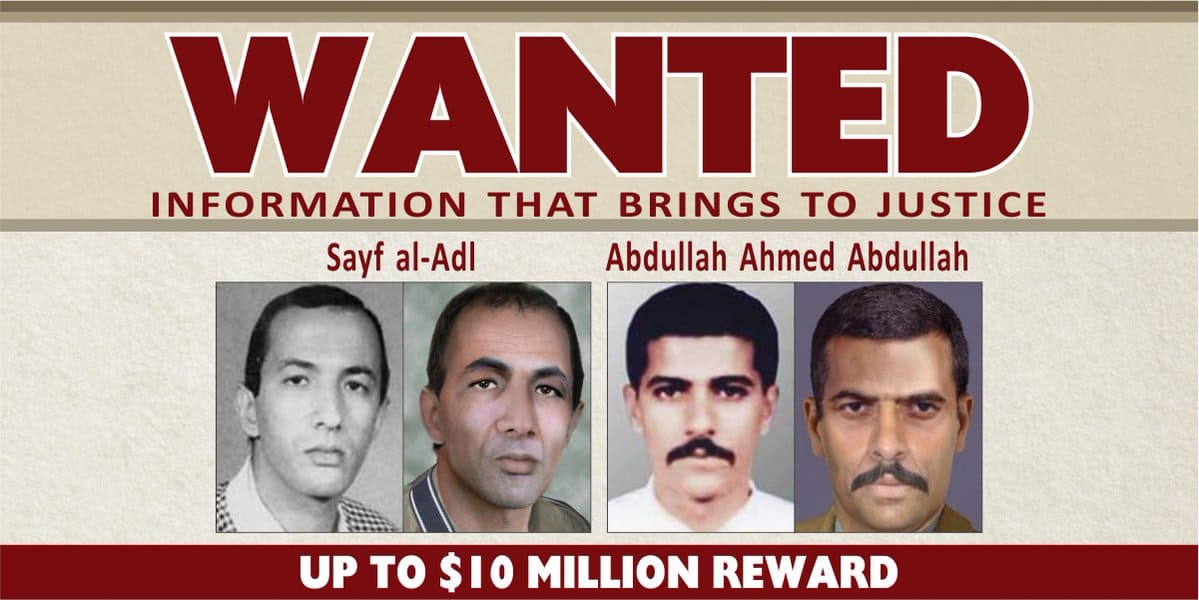
The New York Times and other press outlets have confirmed that Abu Muhammad al-Masri, al Qaeda’s deputy emir, was killed in an Israeli operation in Tehran on Aug. 7. His death was originally reported on an al-Qaeda-linked social media account.
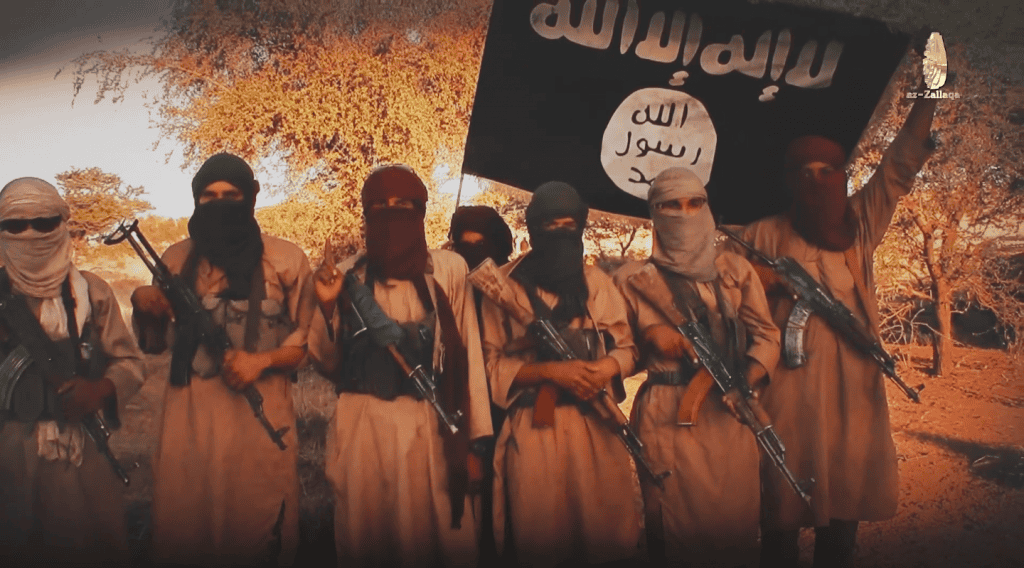
France has claimed it killed Bah Ag Moussa, an important JNIM commander, in a recent military raid in northern Mali. JNIM has not yet commented on the news.
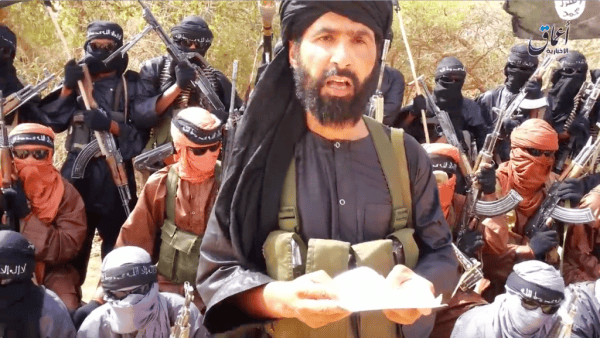
In an interview with the Islamic State’s Al-Naba newsletter, Abu Walid al-Sahrawi, the leader of the Islamic State in the Greater Sahara, attempts to paint al Qaeda’s efforts in the region as rife with internal squabbles and disunity.

Mohammad Hanif was involved in the 2002 assassination attempt on Pakistani President Pervez Musharraf and the suicide attack on the U.S. Consulate in Karachi that same year. He was killed in Farah province. But the Taliban somehow continues to maintain that Al Qaeda isn’t in Afghanistan.

Hosts Tom Joscelyn and Bill Roggio discuss the demise of Husam Abd-al-Ra’uf, al Qaeda’s media chief. Afghan forces hunted him down in a Taliban-controlled village nearly eight months after the U.S. State Department trumpeted the Taliban’s supposed counterterrorism assurances.

The U.S. has confirmed that Husam Abd-al-Ra’uf, a senior al Qaeda leader, was killed in Ghazni province earlier this month. The head of the National Counterterrorism Center touts his death as a “major setback” for al Qaeda and one of its “strategic losses,” but that is doubtful.

Afghanistan’s National Directorate of Security (NDS) claims that Husam Abd-al-Ra’uf, a senior al Qaeda leader, was killed in Ghazni province. FDD’s Long War Journal has not confirmed his death and the NDS provided conflicting details throughout the day.

The U.S. government has designated Ahmed Luqman Talib as a terrorist, saying he uses his gemstone business to help move people and money for al Qaeda.

Senior U.S. officials claim there are fewer than 200 al Qaeda members in Afghanistan. Hosts Bill Roggio and Tom Joscelyn explain why that estimate, like all others before it, isn’t credible.

The U.S. government, military, and intelligence services have provided inaccurate assessments of Al Qaeda’s strength in Afghanistan for more than a decade. U.S. Secretary of State Mike Pompeo continued that tradition by recent regurgitating that Al Qaeda has fewer than 200 fighters in the country. This estimate, like previous ones, should not be trusted.
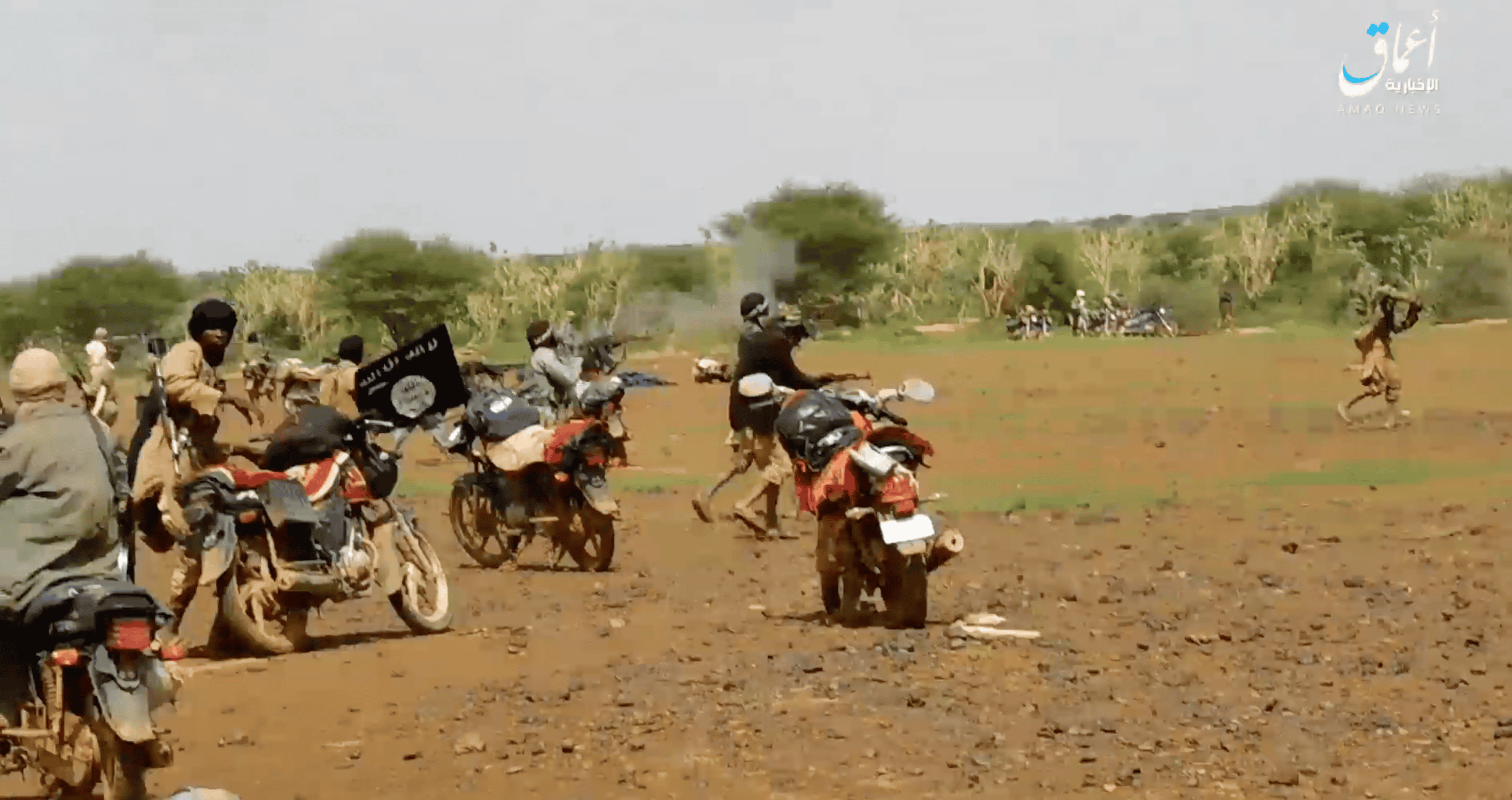
In this week’s edition of the Islamic State’s weekly Al-Naba newsletter, the jihadist group claims a series of wide-ranging operations across the Sahel. This includes last month’s massacre of French aid workers in Niger, as well as a spate of battles with al Qaeda’s men.

Al Qaeda has released a video message featuring Ayman al Zawahiri, who criticizes Al Jazeera at length. Although the video was released on the anniversary of the 9/11 hijackings, it was likely timed to coincide with the normalization of relations between Israel and the Kingdom of Bahrain.
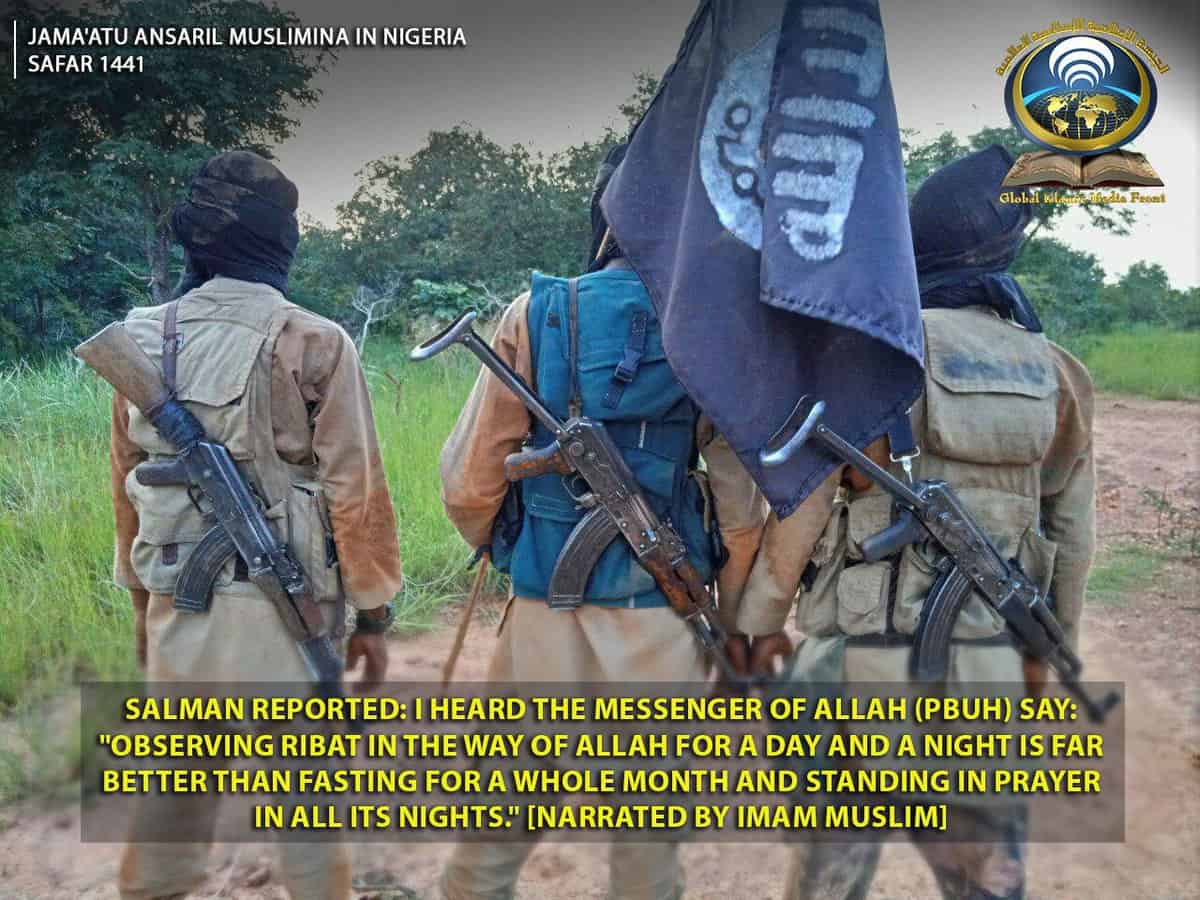
Yesterday’s statement is just the group’s second attack claim since its revival late last year. While Ansaru stated its men were behind an attack on Nigerian security forces, all recent raids in Kaduna State have been on civilians. It is thus likely that Ansaru is attempting to indicate its role in the growing ethnic violence in the state.

Hosts Bill Roggio and Tom Joscelyn discuss what al Qaeda looks like in 2020.

This time, the Taliban denied a Department of Defense report that Al Qaeda in the Indian Subcontinent cooperates with the Taliban by claiming AQIS isn’t inside the country.

Hosts Tom Joscelyn and Bill Roggio discuss al Qaeda’s problems in Syria, where a series of disputes have upset the group’s chain of command.

The Taliban’s denial of Al Qaeda’s presence in Afghanistan means that one of the two groups are not telling the truth. Either Al Qaeda has crafted an elaborate scheme to pretend it fights in Afghanistan alongside the Taliban, or the Taliban is lying, and Al Qaeda has fought there for decades and remains to this day.

Hosts Tom Joscelyn and Bill Roggio discuss the life and reported death of Al Qaeda in the Islamic Maghreb’s emir, Abdulmalek Droukdel.

During an online conference last week, CENTCOM commander Gen. McKenzie questioned the Taliban’s commitment to its supposed counterterrorism assurances. He pointed to al Qaeda’s presence in eastern Afghanistan and claimed Ayman al Zawahiri is there. In response, the Taliban falsely claimed that al Qaeda hasn’t been present in Afghanistan since the days of the Islamic Emirate.
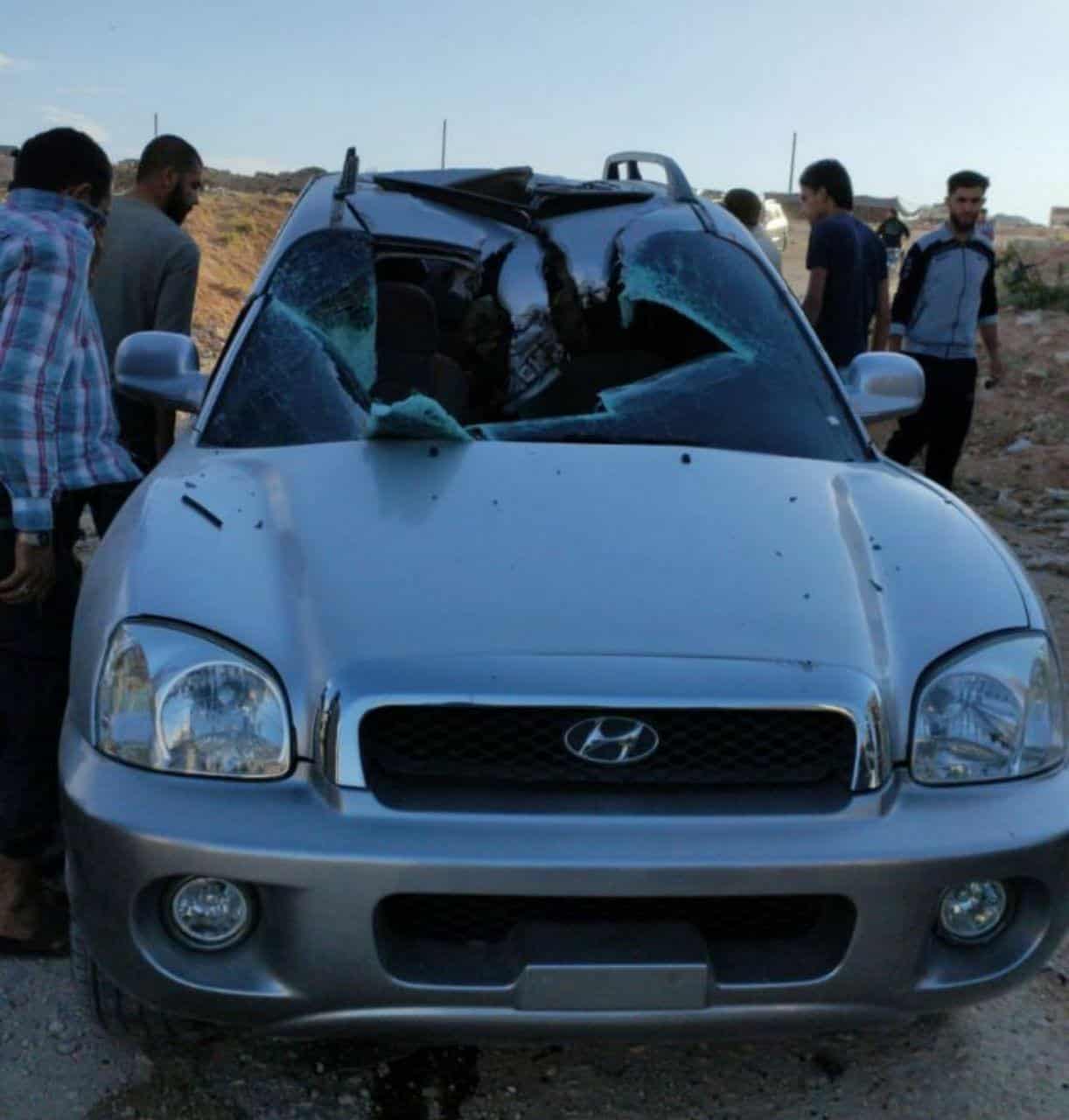
Jihadists on social media say that two al Qaeda figures, Abu al Qassam and Bilal al Sanaani, were killed in a drone strike in Idlib. Their deaths haven’t been confirmed. Abu al Qassam was one of Abu Musab al Zarqawi’s closest comrades and an important al Qaeda figure in Idlib.
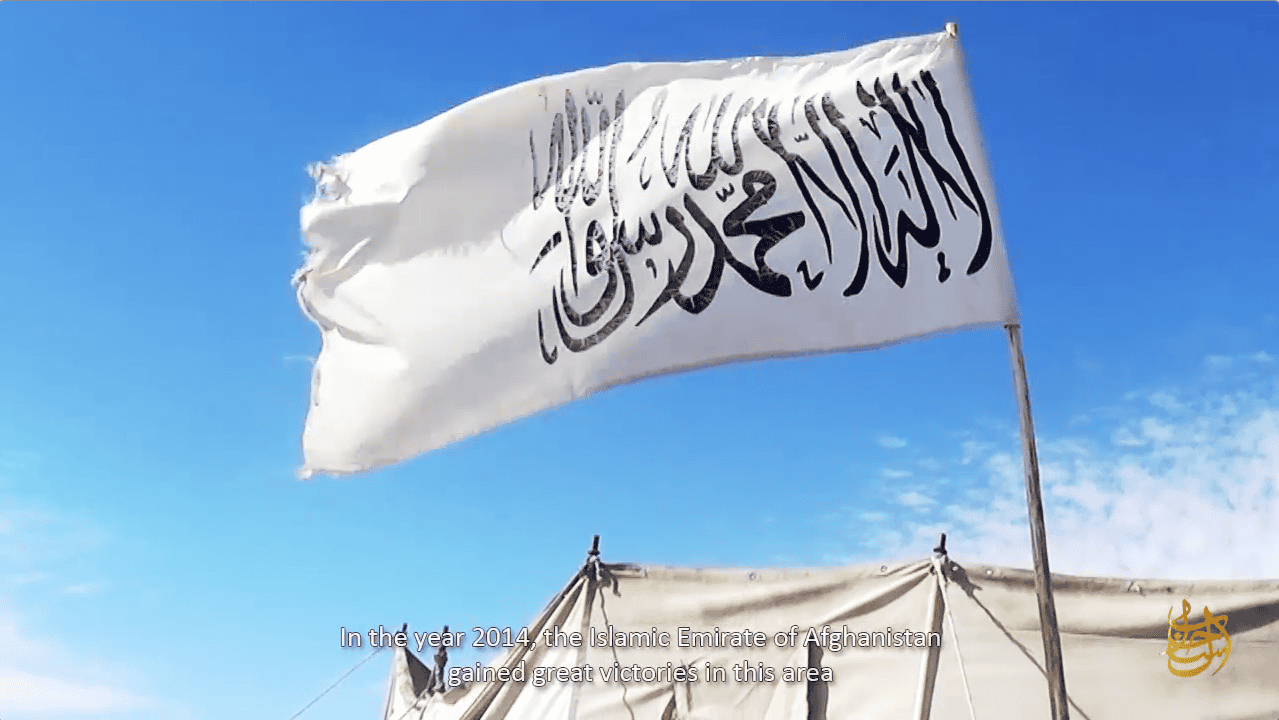
According to a new report by a UN monitoring team, the Taliban “regularly consulted with Al Qaeda during negotiations with the United States and offered guarantees that it would honor their historical ties.” The analysis contains numerous allegations of ongoing collusion between the Taliban and Al Qaeda.

Hosts Bill Roggio and Tom Joscelyn discuss the FBI’s breakthrough in the investigation into the Dec. 6, 2019 shooting at Naval Air Station Pensacola.
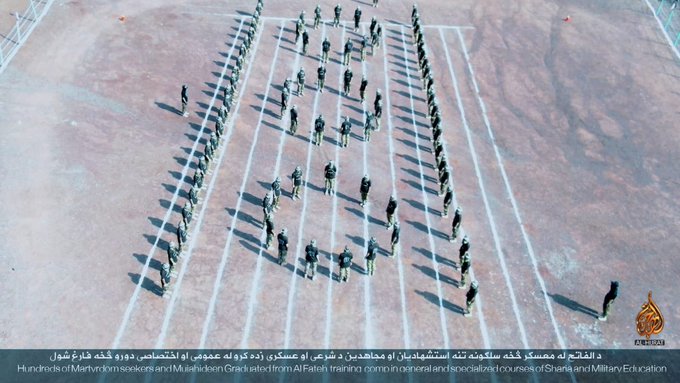
According to a new report by the Lead Inspector General for Operation Freedom’s Sentinel, U.S. officials have assessed that the Taliban is “reluctant to publicly break with al Qaeda,” while Pakistan continues to harbor senior Taliban leaders, including the Haqqanis. The report confirms that the Taliban went on the offensive following the Feb. 29 withdrawal agreement with the U.S.